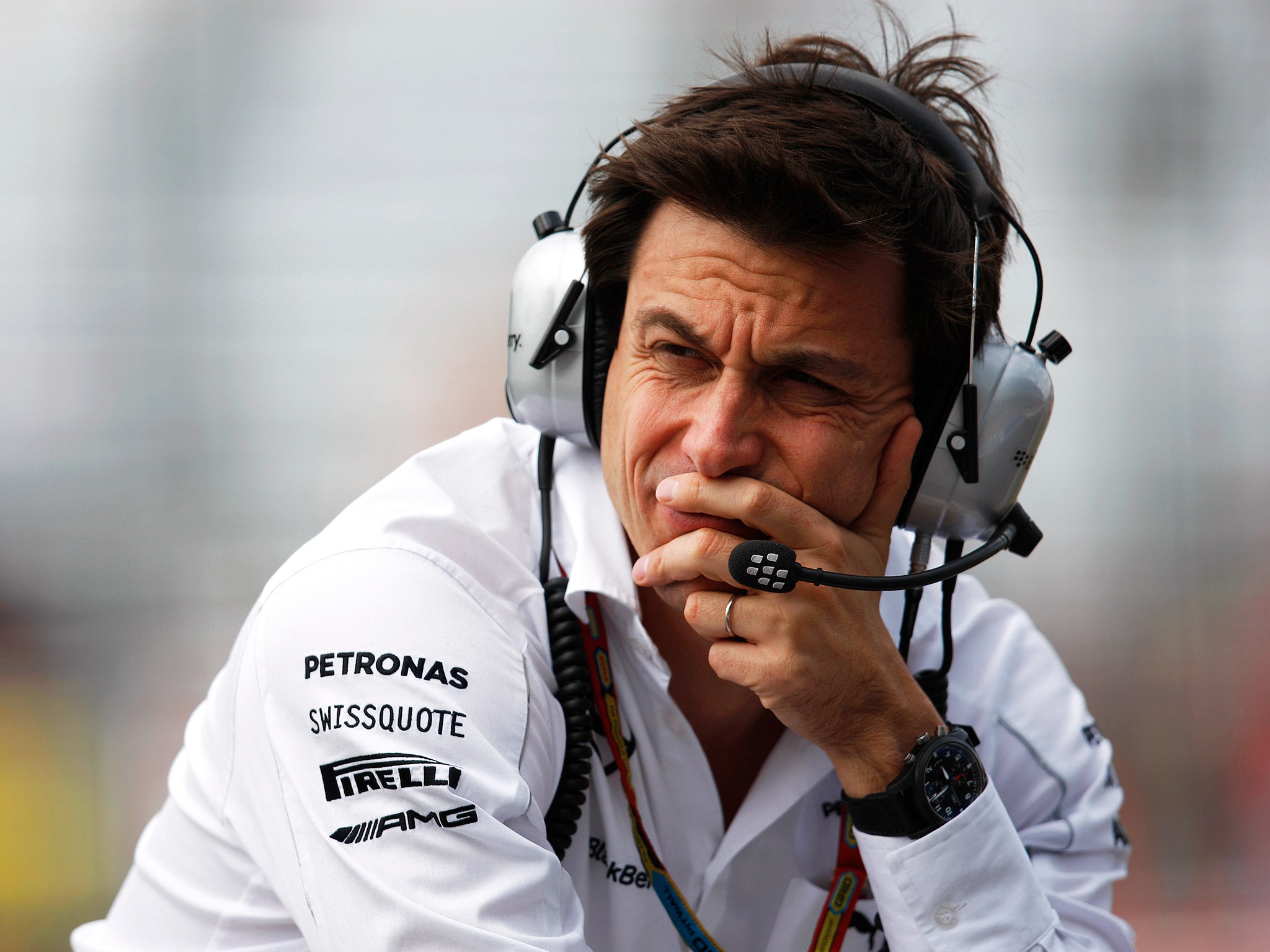F1: What does the FIA's ban on radio transmissions mean for the rest of the season?
While the ban on any messages that assist the drivers behind the wheel is a win for fans, it could rob those watching of a useful insight into the world of Formula 1

What does the FIA’s new ruling mean for F1?
The ban on all radio transmissions that pass on messages to aid driving the car means that drivers will now have a lot more responsibility when it comes to looking after their tyres and fuel usage. Throughout the 2014 season so far, the airwaves have been dominated by chief engineers instructing drivers how to drive the car and where they can make up time in both races and qualifying, as well as the drivers themselves asking for advice as they struggle to get to grips with the new specification cars.
With the ever unpredictable Pirelli tyres (although they have been far more reliable this season) and the reduction in fuel usage, drivers have needed help from the pit-wall more than ever. The increased torque and power output is also seeing some drivers struggle to make their rear tyres last the desired stint durations, while there is also the addition of harvesting power when running into corners to build up the Energy Recovery System.
From the Singapore Grand Prix next weekend, race engineers will no longer be able to inform drivers of how they can either make up time around a lap or help save the car for the latter stages unless it if on safety grounds. This means that the drivers will have to maintain a hold of all the data they used to leave to their engineers while battling at speeds in excess of 200mph, although the speeds will figure that highly around the streets of Singapore.
F1 Monza Grand Prix: in pictures
Show all 20Who could benefit from the ruling?
It’s hard to pick out who will gain the largest boost from the ban on the grid, but it could favour the likes of Lewis Hamilton and Daniel Ricciardo who enjoy using aggressive tactics to overtake rather than sitting back and calculating when to attack and when to cruise. Both drivers showed a desire to overtake in Monza, and certainly Hamilton’s intention to overtake anyone and everyone would see him throw caution to the wind in trying to get to the front as soon as possible.
Hamilton’s team-mate Nico Rosberg shouldn’t be too effected by the ruling either given the speed of the Mercedes that puts the German manufacturer in a class of its own. With Williams having shown good form this season, their battle with Ferrari could become a one-horse race with this ruling – and unfortunately it’s unlikely to be the Italian stallion running clear. While Fernando Alonso continues to draw praise for his ability to get as much as possible out of the struggling Ferrari F14-T, Kimi Raikkonen simply cannot get to grips with the car and it could very well be a frustrating end of season for the Tifosi.
Will there still be radio communication?
Yes, drivers and engineers can still communicate regarding pit-stop strategy and safety information, meaning that the comical back-and-forth arguments that many of the drivers have experienced over the years. While the major winners will be the fans given that it’s a step towards a more natural form of racing – the sport still has a long way to go before that ideology is realised – it could see those watching left in the dark over what is playing out in front of them.
This season, the over-the-top radio transmissions has allowed race fans an insight into how a race is run, with information regarding strategy and tactical awareness becoming prevalent during Sunday afternoons. Without the communication on the radio, teams will no longer be revealing the finer details of the cars telemetry and data, meaning we won’t know the levels of tyre wear and the likes apart from what we can see with the naked eye.
Will this have an impact on the drivers’ championship?
While the ruling could add a new edge to the continual Hamilton-Rosberg battle, the likely answer is no. The two are so evenly matches that the destination of the championship could realistically go down to the final, double-points paying race of the season. A simple radio message could end up deciding who wins the championship, but from what we’ve seen this season so far reliability is likely to have a far greater say in how the rest of the season plays out.
Subscribe to Independent Premium to bookmark this article
Want to bookmark your favourite articles and stories to read or reference later? Start your Independent Premium subscription today.

Join our commenting forum
Join thought-provoking conversations, follow other Independent readers and see their replies